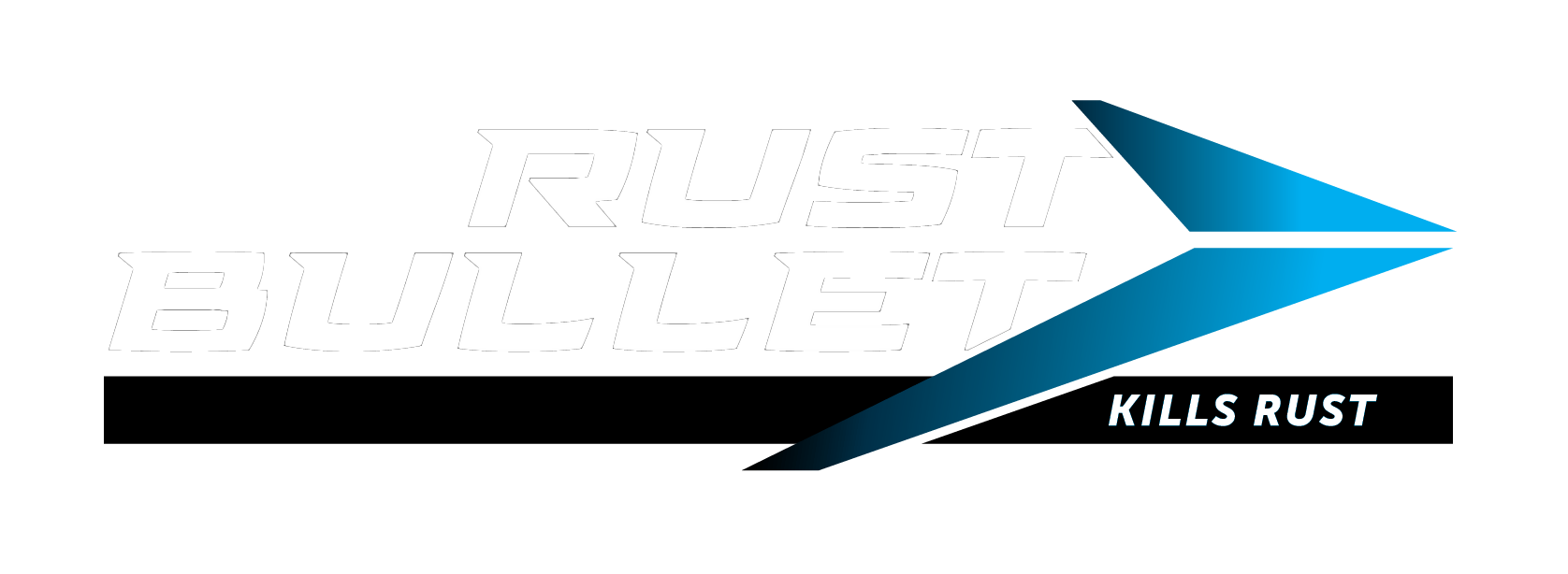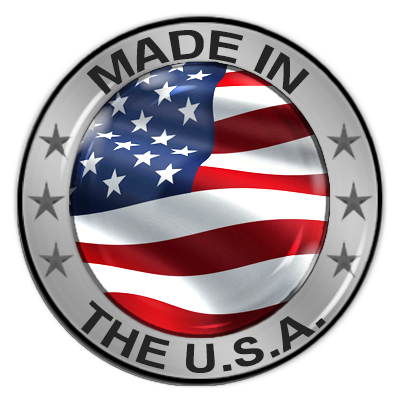Corrosion is the result of metal interacting with its environment, and its extent can depend on the existing conditions, aggressive ions, and type of metals involved. Prevention is essential to save money and avoid health and environmental risks. However, you have to ensure you’re using environmentally friendly products to prevent rust to avoid more problems in the long run.
What makes a rust inhibitor environmentally friendly?
For the longest time, zinc-coated or galvanized steel was the widely used and inexpensive solution for rust prevention. However, more steel companies are considering environmentally friendly protection methods.
Eco-friendly corrosion prevention products contain no zinc, lead, heavy metals, and chromates, making them safer. They meet and exceed the California VOC standards and the EPA Standards for Potable Water, making them ideal for a range of applications, including industrial, concrete, and automotive.
A Dual-Purpose Formulation for Superior Protection
Different types of coatings rely on specific blends of isocyanates and polyols, which directly impact their performance in varying environmental conditions. Some coatings are ideal for outdoor protection due to their excellent resistance to moisture, weathering, and UV exposure. These formulas, while often more costly and thicker during application, provide long-lasting protection against sun damage. Others are known for their strength when it comes to chemical and heat resistance but tend to degrade under prolonged outdoor exposure, leading to yellowing and chalking over time.
Some of the most environmentally responsible rust-prevention products combine the benefits of both types of performance. This unique blend creates a coating that is highly durable, flexible, and resistant to chemicals and abrasion, while also standing up to UV rays without yellowing or chalking.
Some of the most environmentally friendly products to prevent rust are both aromatic and aliphatic. This unique formulation makes them more durable, flexible, and resistant to chemicals and abrasion. Moreover, they are UV-resistant to prevent chalking or yellowing.
Outperforms other coatings
Polyurethane or moisture-cure urethane coatings have a cross-linking density that gives them optimum resistance to moisture and chemicals while ensuring superb adhesive properties. They do better than elastomeric coatings with their exceptional impact resistance, flexibility, and abrasion resistance while withstanding exposure to all elements, making them the best environmentally friendly products to prevent rust. Eco-friendly rust inhibitors also outperform polyethylene coatings with their thermal stability, making them suitable for fire retardant application.





Comments are closed